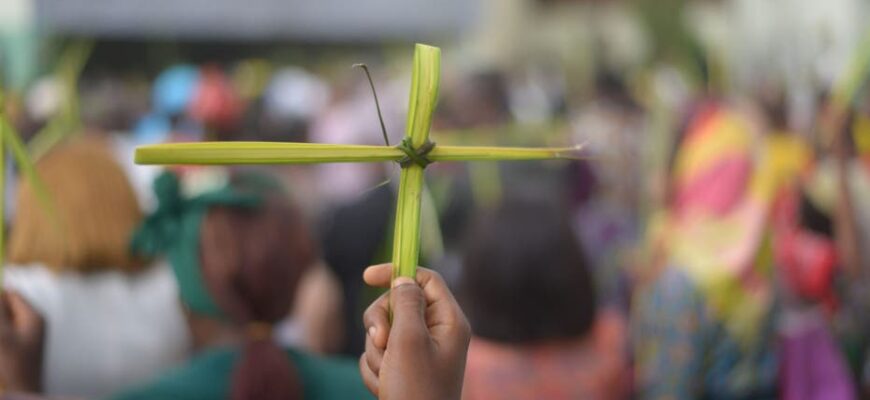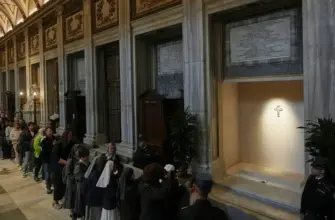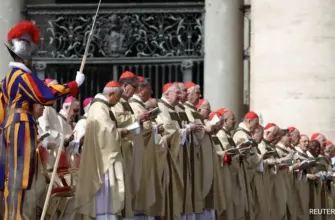The Easter season in Nigeria presents a profoundly distressing reality for Christian communities, marked by escalating violence and systematic persecution. A sustained campaign of attacks, fueled by Islamist militant groups—primarily Boko Haram, ISWAP, and armed Fulani extremists—is creating an atmosphere of pervasive fear and displacement.
Recent events paint a grim picture: in Plateau State’s Bokkos County alone, over sixty Christians were slaughtered and three hundred eighty-three homes destroyed during an assault on April 2nd and 3rd, 2025. This pattern is not isolated; it represents a decades-long trend documented by organizations like the International Christian Concern (ICC). Jeff King of ICC stated that these attacks constitute “genocide,” highlighting the systematic effort to eliminate Christians from their homeland.
“It’s a calculated push from the Fulanis to erase Christians from their homeland, Nigeria’s Middle Belt,” explained King, citing figures indicating up to one hundred thousand Christians butchered since 2001 and the displacement of three point five million farmers by these Islamist terrorists. The attacks frequently involve coordinated use of weaponry – AK-47s, machetes, and gasoline—with little effective intervention from authorities.
The violence extends beyond isolated incidents. Just days before Easter, fifty-four individuals were killed during a Palm Sunday service in Zikke, near Jos, with no apparent attempt by security forces to intervene. A disturbing litany of attacks followed throughout March and April, including ambushes on farmers cultivating their land, targeted killings at funerals, and assaults on church gatherings. Victims included families – one woman recounted her experience stating, “They want our land, our lives, our Jesus.”
Ryan Brown, CEO of Open Doors US, emphasized the severity of the situation, noting that Nigeria ranks seventh on Open Doors’ World Watchlist for countries experiencing the most Christian persecution. He described devastating consequences: “Survivors are now living in at least four displacement camps, facing food insecurity and unable to access education or worship safely.”
Bishop Ayuba Matawal, chairman of the Nigerian Bokkos Internally Displaced People’s Welfare Committee, further illuminated the conflict, connecting it to historical religious tensions. “It appears that some of these extremists have been indoctrinated with an ideology of seizing land from Christian communities, continuing the legacy of Uthman dan Fodio’s vision of spreading Islam across Nigeria.”
The ICC is demanding urgent action, urging the United States State Department to designate Nigeria a “Country of Particular Concern (CPC),” triggering potential sanctions and pressure. King advocates for a complete suspension of U.S. aid until demonstrable progress is made in curbing attacks, arresting perpetrators, and restoring seized land.
Despite the immense challenges, Christian leaders express resilience. “Nigerian Christians are carrying their cross every day, yet their hope rises like the resurrection,” stated Jeff King, emphasizing the enduring spirit within these communities. As Easter approaches, Bishop Matawal cautioned: “Christian communities are on high alert, especially during church services and religious gatherings.”




